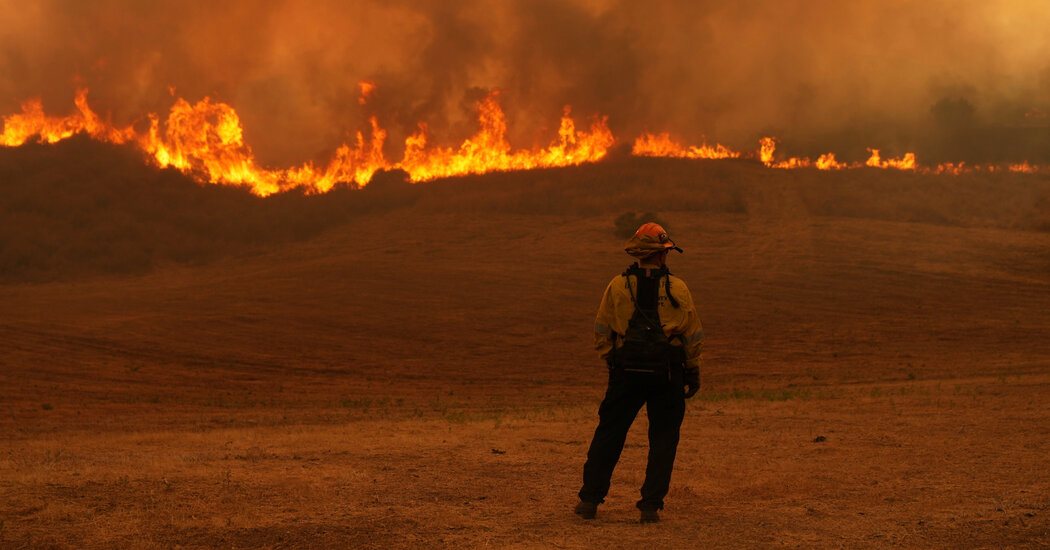
The Los Angeles fires in January. Blazes in Canada in 2024. Hawaii burning in 2023. It seems as though every year, the planet has more huge wildfires that devastate communities. But so far, the science has been sparse on whether the most economically damaging fires really are on the rise.
Now, a new study has found that catastrophic wildfires with both high economic costs and loss of human life are, indeed, happening more often, and that those fires are strongly linked to climate change. The past decade in particular has seen a significant uptick in costly, deadly fires, according to the study, which was published on Thursday in the journal Science.
“It’s a pretty big wake-up call,” said Brian Harvey, a professor of forest fire science at the University of Washington who was not involved in the new study. “We live on a flammable planet, and that flammability is increasing.”
Fire is a natural and beneficial part of many ecosystems. But climate change can make fire seasons longer, hotter and drier. On top of that, humans have been artificially suppressing wildfire for decades, which creates more fuel for fires, and moving deeper into fire-prone areas.



